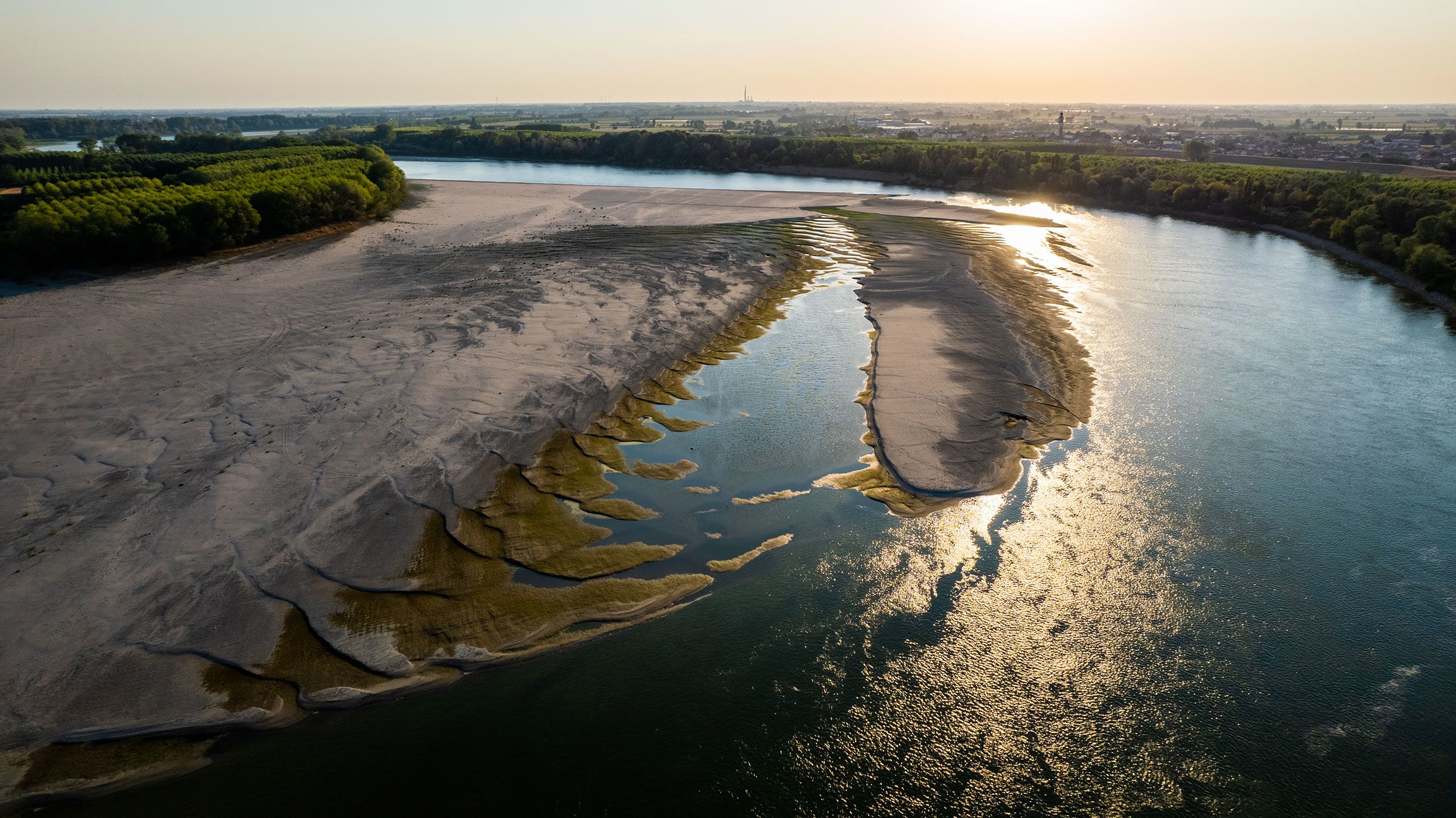The ecological situation on our planet is becoming increasingly threatening, and the World Meteorological Organization (WMO) report for 2023 is another confirmation of this. This year broke records in many climate-related indicators, including the number of rivers affected by drought. Let’s take a look at what happened and why this should concern each of us.
Record Number of Affected Rivers
According to the WMO, a record number of rivers were affected by drought in 2023, the highest in the last 30 years. Research showed that about 45% of the thousand rivers analyzed collected less water than usual over the year. This means that nearly half of the largest rivers on the planet are in a critical situation.
The drought has hit the rivers of North and South America, significant parts of Russia, and Asian countries the hardest. These regions heavily rely on water resources, and their scarcity is already becoming a serious problem for local ecosystems and populations.
Hottest Year in History
2023 also entered history as the hottest year in the last 174 years. The average global temperature rose by 1.45°C compared to pre-industrial levels. This is a direct consequence of human-induced climate change, and such temperature records are becoming the new norm. Scientists suggest that 2024 could be even hotter, considering the already recorded anomalously warm summer.
What’s Happening with Water?
One of the most alarming aspects of the WMO report is the issue of water access. Currently, 3.6 billion people on the planet already face water scarcity for at least one month a year. This accounts for half of the world’s population, and the situation is only worsening. According to UN Water forecasts, by 2050, the number of people experiencing water scarcity will exceed five billion.
Climate change and water scarcity are not just issues for remote regions. They are issues for our future. When rivers dry up and water bodies shrink, it leads to the destruction of ecosystems, decreased food resources, and increased conflicts over resources. Every drop of water that becomes inaccessible brings humanity closer to a global crisis.
Is it possible to make a change
Each of us can contribute to combating climate change and conserving water resources. Water conservation at home, reducing single-use plastics, and using renewable energy sources are small but important steps that can help slow down destructive processes.
If we do not start taking action now, the consequences will be irreversible. We are all part of this planet and bear responsibility for its future. The alarming figures in the reports are not just statistics but warnings that time to save Earth is running out.


